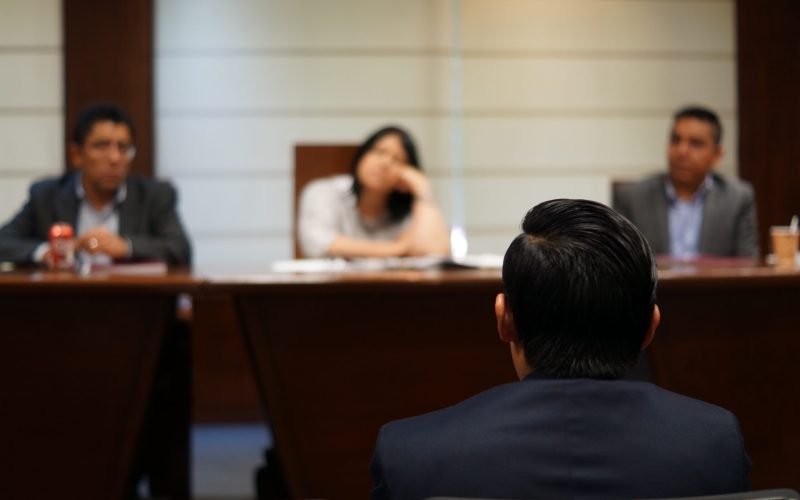Advising a client after a trial ruling can feel like trying to close a barn door after the horse has bolted. Clients frequently come to me disappointed with a court ruling and wanting to know how they can get their case revisited by a higher court. As an appeals attorney in Arizona, my job often entails reviewing the case history and record to determine if a legal remedy is available.
When talking about the court system, it is inevitable to come across the term “appeal.” But what exactly is an appeal, how long can it take, and what can happen after an appeal is taken? The whole appeals process can be confusing.
To begin, an appeal occurs when a party to a lawsuit believes the trial court made the wrong decision in their case and, in turn, asks an appellate court to review the legal accuracy of the judgment. Appeals take place after the trial court has made its decision and before an appellate court, which has the power to reverse the decision of the lower court if there is a legal error. Sounds simple, right?
However, appeals are not as straightforward as they may appear. It is actually a complex and intricate process. The appeals process often takes a year or more and can strain financial resources. An appeal requires a lot of research to acquire intimate knowledge of both the facts of the case and the applicable law. Sometimes, appeals result in oral arguments before a panel of appellate judges to work out the nuances of the decision. After all, decisions from Arizona appellate courts can create legal precedent that all lower courts must follow, which means that appellate courts are careful to ensure their decisions are both accurate and wise.
With all of this in mind, it might be difficult to dive straight into an appeal, even if you are convinced that the trial court committed an error. Committing to another year (or more) of litigation and the associated expenses may be too intimidating if based only on a “hunch” that the trial court erred in its legal interpretation. This is why it can be helpful to consult with an attorney. Some attorneys offer a preliminary option in the form of a comprehensive file review, which allows the attorney to look through the judgment, briefings, and other documents to determine whether there is a readily appealable issue.
Committing to a few hours of review and research before retaining counsel for an appeal may save tens of thousands of dollars if the issue in the case can be resolved through an easier method (e.g., waiting to modify a custody order instead of challenging it via direct appeal). The file review can sometimes be undertaken for a flat fee and, if the client ultimately decides to appeal the trial court’s judgment, the research needed for opening briefs has already begun. Conversely, if an appeal is not the right course of action, then the client learns that in the beginning instead of committing resources and waiting a year only to learn that the court of appeals will simply affirm the trial court’s decision.
Having your file reviewed before undertaking the full appeals process can make the whole experience less stressful and can save an immense amount of time and money. Even in matters with appointed appellate counsel—such as a dependency or severance of parental rights case—having an appellate lawyer review the case can provide alternative insights and will likely result in a better overall product, giving the client the best chance possible to succeed on appeal.
Markus Risinger joined Woodnick Law as a law clerk in 2012. Markus graduated cum laude from the Sandra Day O’Connor College of Law at Arizona State University. Markus has handled appellate matters throughout Arizona and has had the privilege to argue in front of the Arizona Supreme Court.
Woodnick Law, PLLC is a boutique law firm that serves individuals and families in Maricopa County, Coconino County, Pima County, and all throughout Arizona.



